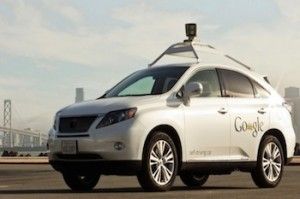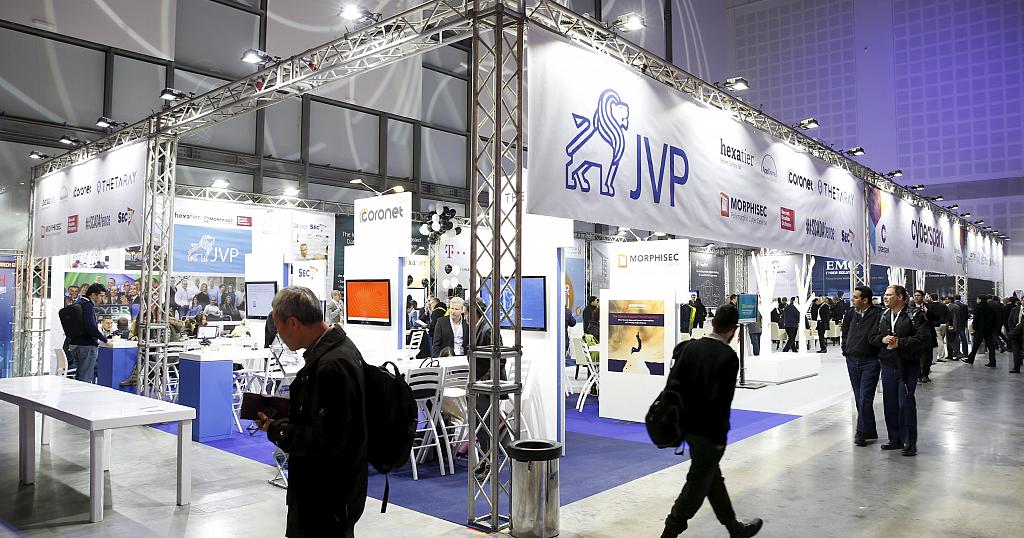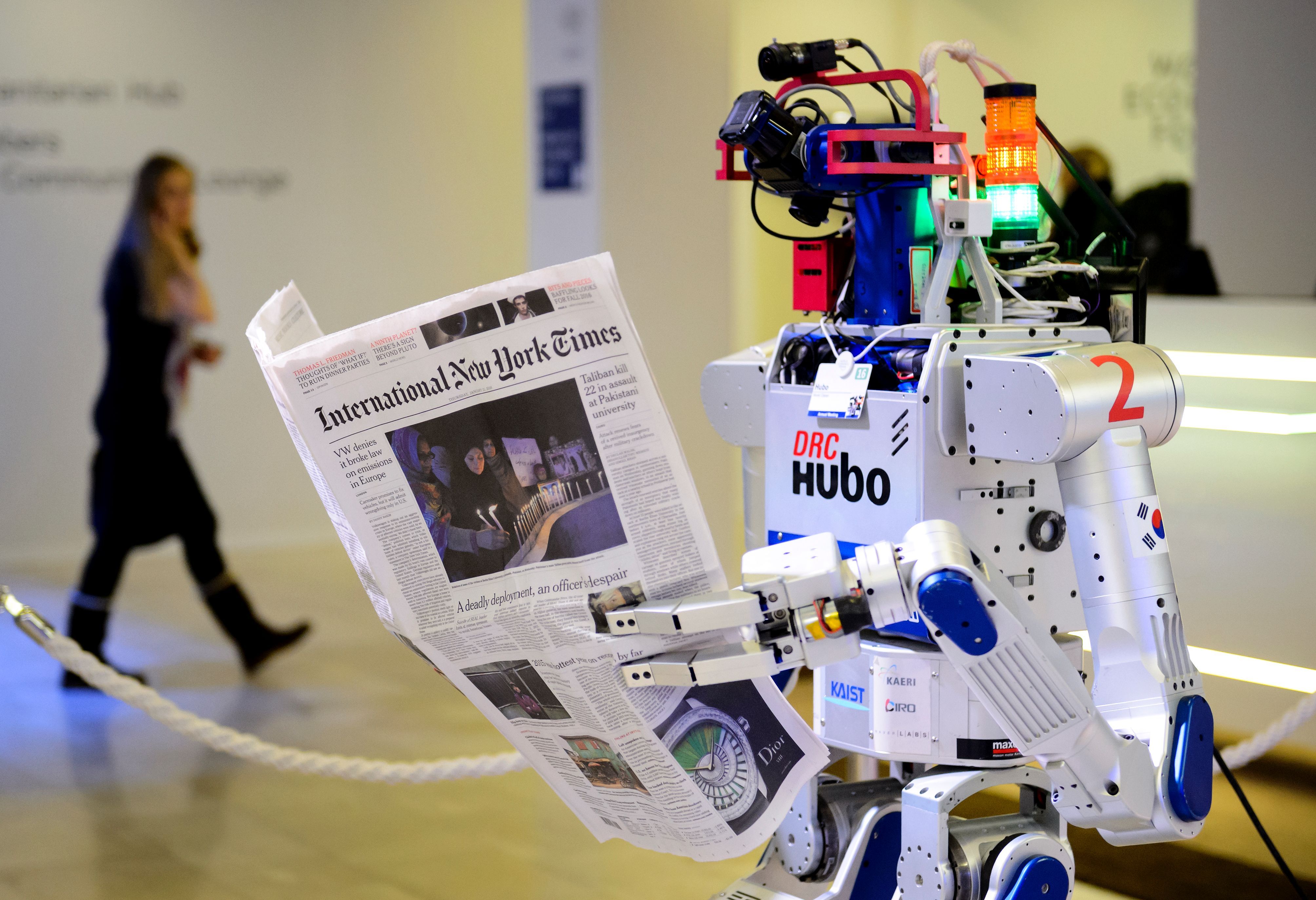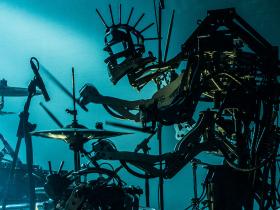Feb 17, 2016
Apple CEO Tim Cook’s Dangerous Game
Posted by Karen Hurst in categories: business, computing, mobile phones, robotics/AI, security, transportation
Government and tech + telecom & ISPs need to come to an agreement in how to ensure innocent people’s privacy are respected. When a person murders, stalk, threaten, kidnap, and/ or assault a person then we have a responsibility first to protect the innocent public. And, with the resistance being displayed by Apple, are we running the risk of further alienating the consumers and business customers more when it comes to releasing AI like robots, self driving cars, etc. onto the public where criminals can buy AI technology and use it to hurt others?
We really need to be addressing these issues soon.
Tim Cook is playing a dangerous game of brinkmanship with the U.S. government. In the process, he may set in motion political and judicial processes that will endanger the security of all our mobile devices.


















